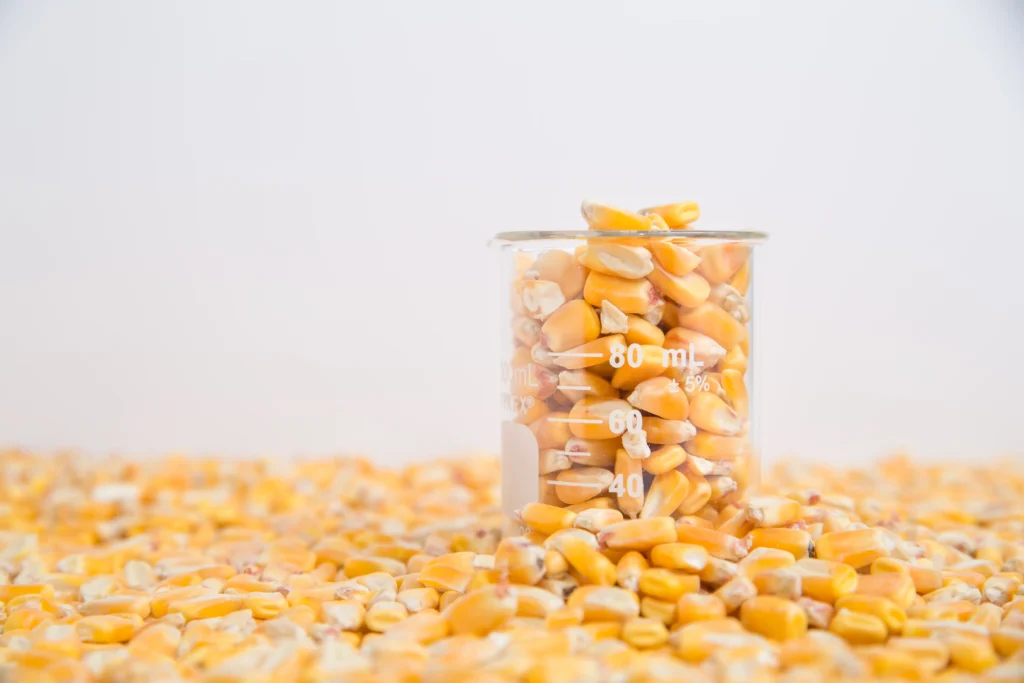Contrary to industry claims, GMOs do not have a history of safe use.84,85 In the US, biotechnology regulations focus on a GMO's potential to become a plant pest rather than its safety for human consumption. The FDA accepts voluntary, self-directed assessments of GMOs to establish equivalence with non-GMO crops. These assessments are conducted by the same corporations that stand to profit from their commercialization — an apparent conflict of interest.
A 2007 analysis of existing studies on GMO safety showed "nothing that guaranteed the long-term safety of GM[O] food consumption."86,87 Since then, agrochemical corporations have actively discredited credible studies that identify negative human health impacts., Learn more about the potential health impacts of GMOs.

In the 30 years since GMOs entered the food supply, biotechnology has become much more complex. Today's GMOs contain multiple traits and more modifications compared to early GMOs.90 The public has greater exposure to GMOs because there are more GMO-derived ingredients in the supply chain. While new genomic techniques such as gene editing are lauded as more precise than traditional GMOs, a growing body of evidence has found unintended outcomes, off-target effects and mass deletions in the genomes of GMOs made through new genomic techniques.91,92
Health and safety impacts have not been revisited despite a clear need to investigate potential risks.93
In the US, the biotechnology industry designed biotechnology regulations as a tool to encourage consumer acceptance of GMOs.77 As a voluntary system rather than a mandatory one, US regulation fails to meet international standards, undermining public trust and disrupting trade relationships.78,79
Recently, GMOs made through new genomic techniques such as gene editing have entered the market largely unregulated and unlabeled. While these new GMOs are, by international standards, genetically modified organisms, industry-led campaigns in the US and EU are seeking the same regulatory pathways as traditionally bred organisms, placing non-GMO and organic supply chains in peril.80,81,82

The corporate secrecy surrounding products made from new genomic techniques compromise accountability, common sense precautionary measures and the public's right to know how their food is made.83 For comparison, a transparent and accountable system that highlights science in the public interest would welcome input from scientists, farmers and citizens with a stake in the outcome.
GMOs transformed how patents are used and applied to plants, including many food crops.
A patent is a right held by an inventor that gives them exclusive commercial rights to produce and use a new technology. Before GMOs, sexually reproducing plants (including many food crops) were not eligible for patents because they were considered products of nature. However, a series of patent applications for GMOs opened the door to living organisms as products of human ingenuity.65,66,67 Under this argument, restrictive "utility" patents were awarded to GMOs. Over time, the legal framing expanded to include some non-GMO plants.
Patent law is complex and costly, which provides a distinct advantage to large corporations. Utility patents on seeds helped to consolidate power in the hands of big business.68 Independent breeders have been targeted and intimidated by patent holders who use corporate resources to fund costly legal challenges.69,70 Large companies buy or force out smaller ones.71 Today, more than half of the world's seeds are controlled by just four multinational corporations.72

Corporate control shapes the diversity and specific traits of our food crops. Corporations prioritize traits that increase profits, such as yield, uniformity or herbicide resistance, while other traits, such as taste, nutritional profile and resilience, are less attractive.73 Patented seeds are unavailable to other breeders or researchers, curtailing the development of new plant varieties.74
Consolidation in the seed industry has accompanied a startling decline in crop diversity. In the last century, more than 90% of crop varieties have been lost, contributing to an increasingly vulnerable food system at risk from extreme weather, pests and supply chain interruptions.75
As GMOs made from new genomic techniques enter the market, we face a new era of privatization in which a single company can patent and control the genetic formula and fermentation process used to create synthetic milk, protein or honey.76
